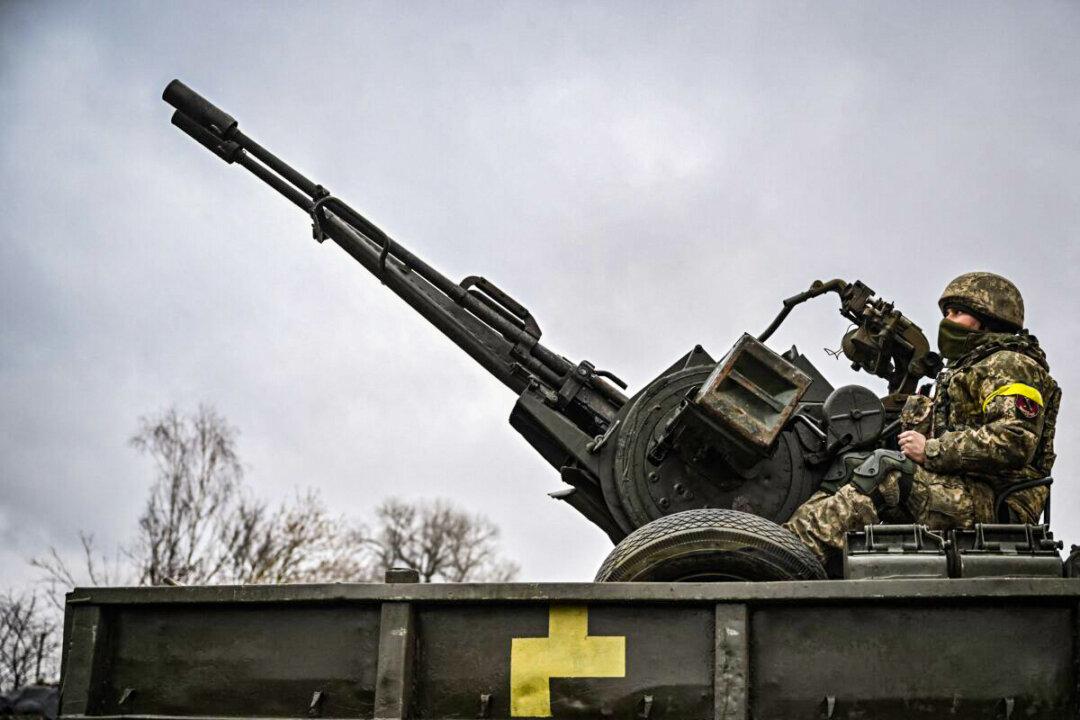Two foreign policy experts from Curtin University, Australia, believe coordinated sanctions and boycotts on Russia will do little to quell the current invasion of Ukraine or push Vladimir Putin’s inner circle to remove him.
Democratic nations have been in lockstep in the past week, rolling out a wave of sanctions to increase pressure on the Russian elite to cease the invasion of its neighbour.





